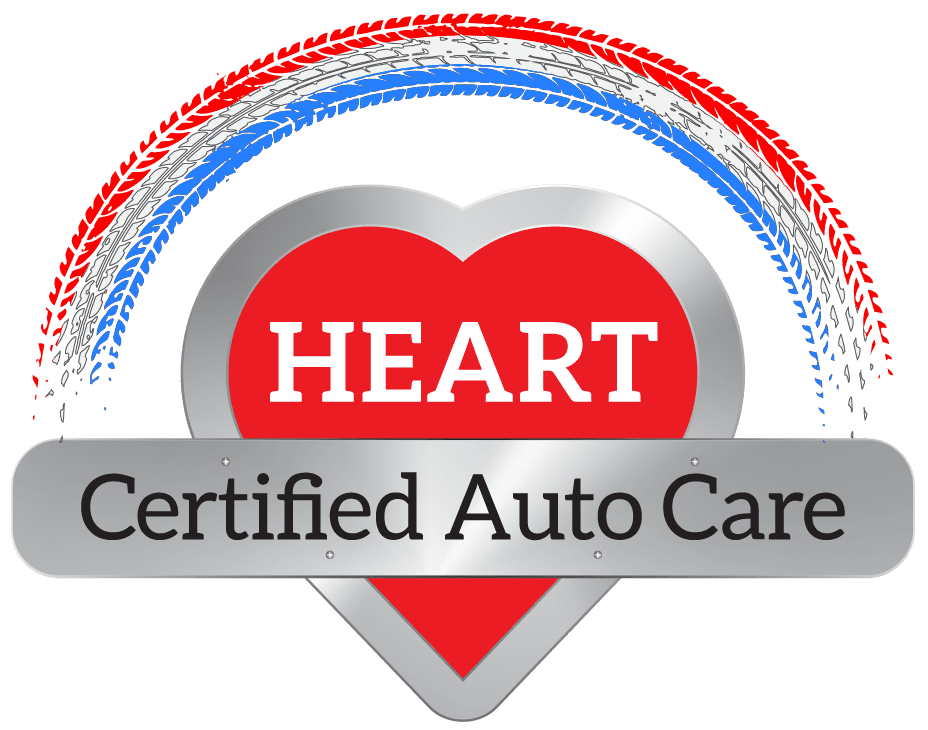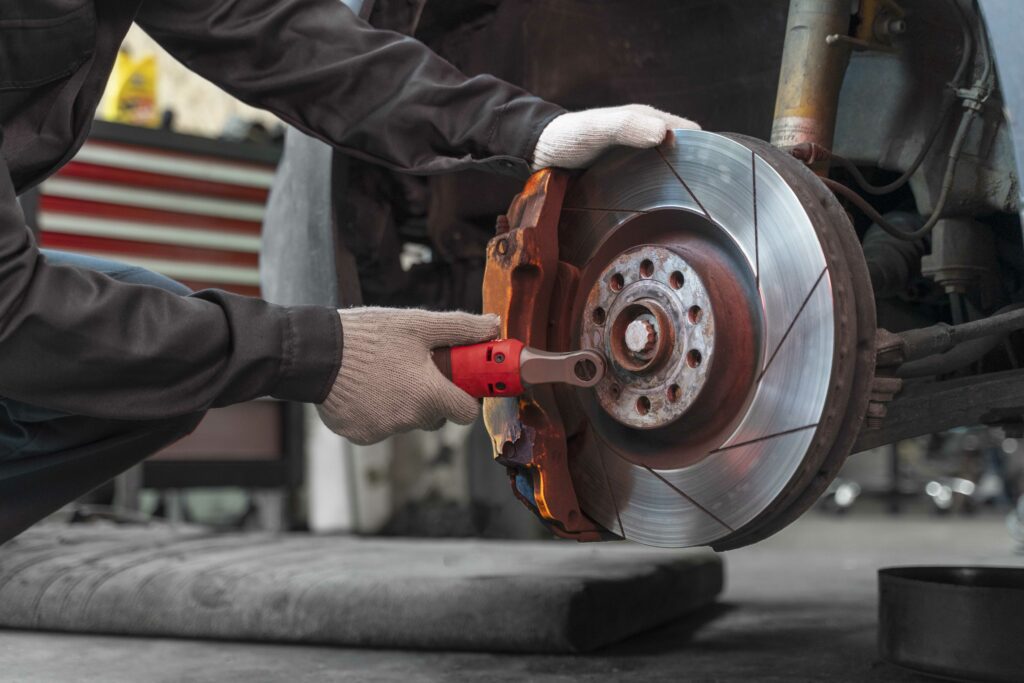There’s nothing quite like the high-pitched squeal of brake noises to ruin a peaceful drive. This common automotive issue is not only disruptive to your driving experience but also poses a potential risk to your safety. This article focuses on the practical solutions to mitigate and eliminate brake squeaking, enhancing your driving comfort and safety.
Understanding Brake Squeaking
Brake squeaking is an audible alert that something may be amiss with your vehicle’s brake system. This annoying sound often resonates from the friction between the brake pads and rotors, wear indicators signaling the end of a brake pad’s lifespan, or due to moisture that has accumulated on the brake components.
Causes of Brake Squeaking
The causes of brake squeaking can be varied, encompassing everything from normal wear and tear to potential mechanical issues. By understanding these causes – which range from brake pad wear and high-frequency vibration to moisture and weather conditions – you are better equipped to diagnose and address the problem.
1. Brake Pad Wear
Worn brake pads are one of the most common culprits for brake noises. The squeaking sound is often a result of metal-to-metal contact when the brake pad material has worn down.
The design and materials of the brake pad directly influence the noise levels. Some pads, particularly those made of cheaper materials, can be more prone to causing brake squeaking.
2. High-Frequency Vibration
Another cause of brake squeaking is high-frequency vibration between the brake pad and rotor. This can happen due to improper installation or poor-quality brake components. When the brake pad doesn’t fit snugly within the caliper, it can vibrate against the rotor, resulting in a squeaking sound.
3. Moisture and Weather Conditions
Moisture buildup on the brake components can lead to temporary brake squeaking. This is especially common in humid climates or after a rain shower. Cold weather can also exacerbate brake noises as the brake components contract, potentially leading to squeaking sounds.
4. Poor Quality Brake Components
The quality of the brake components can significantly affect whether or not your brakes squeak. Low-quality brake pads, rotors, and calipers are more likely to wear down quickly, become misaligned, or create high-frequency vibrations – all of which can lead to squeaking.
5. Lack of Lubrication
Lubrication reduces friction between the brake components, preventing unwanted noises. If there’s not enough lubrication on the back of the brake pads, caliper slides, or other areas of metal-to-metal contact, it can lead to brake squeaking.
6. Corrosion and Rust
Over time, the metal parts of your brake system can rust or corrode, especially if you live in an area with a lot of salt on the roads or high humidity. This corrosion can cause the brake parts to scrape together, causing a squeaking sound.
7. Brake Dust Buildup
Brake dust is a mixture of iron particles, carbon residue, and other debris that accumulates over time. If not regularly cleaned, this buildup can cause noisy brakes due to the rough surface it creates on the brake pads and rotors.
Understanding the various causes of brake squeaking, from worn brake pads to high-frequency vibration and moisture-related issues, is vital to effectively addressing this common vehicle problem. Armed with this knowledge, you can take proactive steps to prevent, diagnose, and remedy brake squeaking, enhancing both your driving experience and vehicle safety.
Steps to Prevent and Stop Brake Squeaking
Brake squeaking can be an irritating and potentially alarming issue for many vehicle owners. This guide provides comprehensive steps to prevent and stop brake squeaking, from routine maintenance strategies to addressing the problem directly.
1. Routine Brake Maintenance
Regular maintenance is the first line of defense in preventing brake squeaking. Brake maintenance needs to be conducted every 10,000 to 20,000 miles, or at least once a year, depending on your driving habits and manufacturer’s recommendations. Regular inspections and timely replacements of worn-out components can significantly reduce the occurrence of brake squeaking and improve overall vehicle performance.
- Visual Inspection
Regularly inspecting your brake components can help prevent brake squeaking. Look for signs of wear and damage, such as thinning brake pads or grooves in the rotor.A visual check can often provide a quick diagnosis of potential issues before they escalate into bigger problems.
- Brake Cleaning
Cleaning your brake components regularly can help maintain their efficiency and reduce brake noises. Use a brake cleaner and a brush to remove dust and debris from the brake system. Regular cleaning can prevent buildup that could lead to brake squeaking over time. - Lubrication
Applying brake lubricant to key contact points can significantly reduce friction and, consequently, brake noise. Key areas to lubricate include the back of the brake pads and the caliper slides where metal-to-metal contact occurs.
2. Addressing Brake Squeaking
When preventative measures are not enough, it’s time to address brake squeaking head-on. This involves more intensive solutions such as brake pad replacement and rotor resurfacing, which can significantly reduce or eliminate brake noise.
- Brake Pad Replacement
If your brake pads are worn out, it’s time for a replacement. This can significantly reduce brake noise and improve your vehicle’s stopping power.It’s crucial to choose high-quality brake pads that fit your vehicle’s specifications to prevent future brake squeaking.
- Resurfacing Rotors
If your rotors are still in good condition but have minor grooves or imperfections, resurfacing them could be an effective solution. Resurfacing smoothens the rotor surface, reducing friction and brake noise. However, this is not a permanent solution, and if the rotors are too thin or severely damaged, they should be replaced.By understanding and implementing these preventative and corrective measures, you can effectively minimize brake squeaking in your vehicle. Remember, a quiet, efficient brake system is not only less annoying but also contributes to safer driving conditions.
3. Consulting a Professional Mechanic
If you’ve tried everything and your brakes are still squeaking, it’s time to consult a professional. A certified mechanic has the knowledge and tools to diagnose and fix brake issues accurately and safely. Ignoring brake noises can lead to more severe problems down the line, potentially compromising your safety on the road.
Are you in Chicago and dealing with persistent brake squeaking? Don’t let brake noises ruin your drive. Contact HEART Auto Care today for top-notch brake services and comprehensive auto repairs. Our team of professional mechanics is ready to ensure your ride is as smooth and quiet as possible.
Summing Up: Quieting Your Brakes for a Smoother Ride
Addressing brake squeaking is crucial for a comfortable and safe driving experience. Regular maintenance, cleaning, lubrication, and timely replacement of worn-out parts can help keep brake noise at bay. However, if the squeaking persists, don’t hesitate to seek professional help. Your safety is paramount, and a quiet ride is just a bonus!







